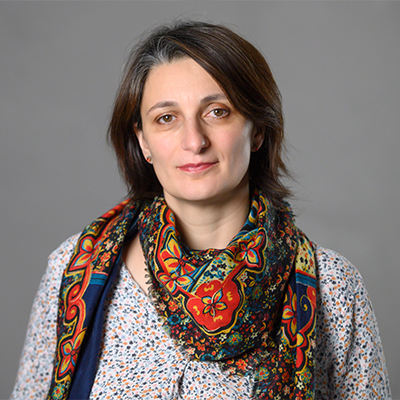Hi from Rome,
I have just come back from our in-person meeting in Warsaw. My colleagues and I from all over Europe stayed for two days at Gazeta Wyborcza to debate how to improve this newsletter. Of course you’re invited to participate with your feedback: send us a message at info@europeanfocus.eu.
The topic for this week’s edition came out at dinner, together with pickled cucumbers. The night before our meeting, I was eating “pierogi” with Teresa from Tagesspiegel, when our French colleague Nelly joined us. She wore a backpack containing her notebooks (“cahiers”) and… a jar of gherkins. She had been in the Podlasie region to report on the role of Polish farmers in the upcoming election. Farmers told her how angry they were about cheap grain on the Polish market from Ukraine.
On Friday, the EU’s Ukraine grain import ban ends, if it is not renewed. That’s why we agreed to “follow the grain” from Kyiv to Warsaw for this issue…
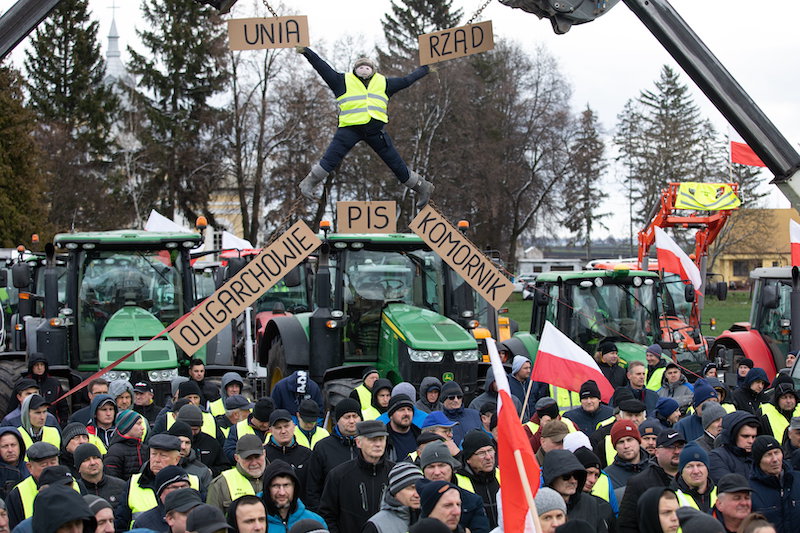
“We will not allow Ukrainian grain into Poland after 15 September even if the EU is against this. The interests of the Polish farmer are of the highest importance to us,” stated Robert Telus, the Polish Minister of Agriculture.
The EU ban on imports of Polish grain will expire in mid-September and the Polish government should lift all barriers from this moment. But the ruling Law and Justice (PiS)-led government is not planning to do so.
One reason for this refusal is that the Polish market was flooded with Ukrainian grain last May. Polish farmers could not sell their homegrown grain, which lay unwanted in warehouses.
At that time, Ukrainian grain was only supposed to transit Poland, but most likely some Polish companies decided to bring it to the local market. Inspections showed the grain was low quality, and the Polish prosecutor’s office is now investigating what happened.
But the whole case has a strong political background due to the upcoming parliamentary election in October. The issue of grain imports has caused discontent among farmers, without whose support the ruling Law and Justice party will not win the crucial vote.
PiS also has to compete with the far-right Confederation party, which is in third place in the polls, and adopts an anti-Ukrainian stance. This is why the Law and Justice politicians are determined to block the import of Ukrainian grain.
The government is willing to maintain this ban, even if it turns out to be in contravention of EU law. It is likely that the European Commission will then impose financial penalties on Poland. The cost of this challenge will likely be borne by the citizens.
After all, for reasons of political wrangling with Brussels, Poland has still not received funds from the Recovery Fund.
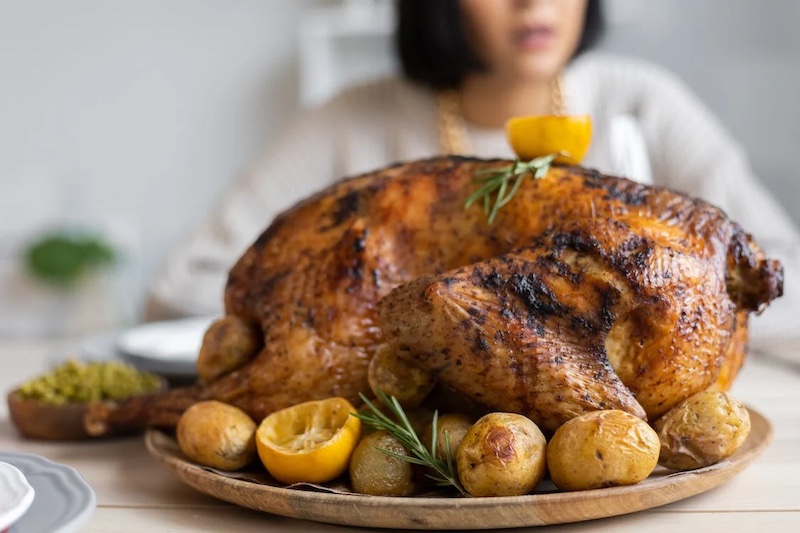
In France, a Sunday lunch of a roast chicken is a time-honoured tradition. The dish, the French people’s favourite, is available to just about everyone. You can find organic free-range chickens for 20 euros, as well as poultry for less than ten euros, often sold in halal butchers’ shops, where broke students can only afford a bag of potatoes. It is also a symbol of French agriculture, which continues to raise alongside battery chickens.
But since 2022, the French chicken market has been in crisis. The lifting of restrictions on the entry of Ukrainian poultry into the European Union’s market has left the industry facing unexpected competition. In the first half of 2022, Ukrainian chicken imports into France rose sharply by 120 percent, and have since grown at a more moderate rate. With the Russian blockade of the Black Sea, Ukraine can “no longer export to the Middle East [by ship], which was one of its main customers,” explains Yann Nédélec, director of the poultry producers’ association.“It has switched to Europe, via lorry.”
French poultry farmers see the massive arrival of chickens up to four times cheaper than their own as unfair competition.
Ukraine does not have to comply with the same quality standards as countries of the European Union, and has huge farms with over a million head of poultry, whereas the largest French farms number only a few tens of thousands. In addition, massive exports to the EU mainly benefit one man, the oligarch Yuriy Kosiuk, who controls 80 percent of the Ukrainian poultry market via his company MHP. This mega-business is based in Cyprus and listed on the London Stock Exchange.
In June, the industry asked the Minister for Agriculture to “activate the European safeguard clause to halt the asphyxiation of the sector” and suspend imports.
Unexpectedly, this request met with little response from the political class, even on the far right.
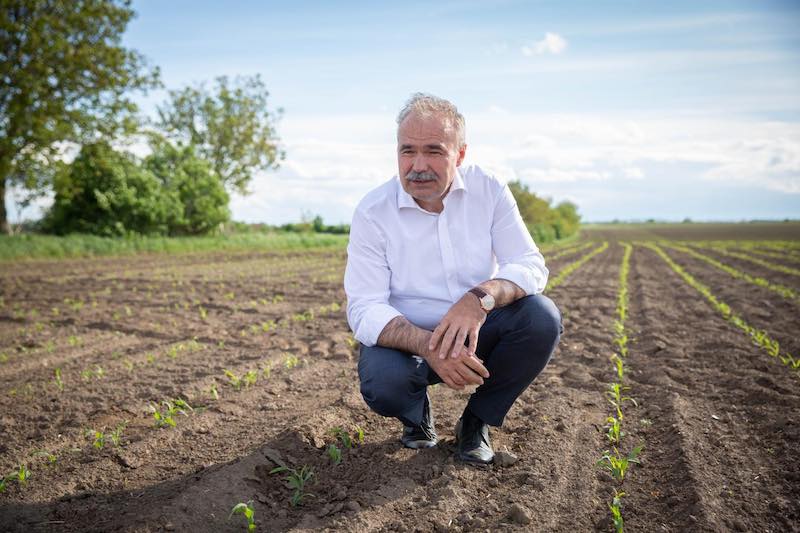
Hungary, the rogue child of the European Union, is ready to break more of the bloc’s rules. The Minister of Agriculture, István Nagy, has vowed to fight against the import of cheap Ukrainian grain to his country, even if this risks another infringement procedure with the EU.
In a radio interview, he claimed that if the EU does not extend the ban on grain imports from its war-ravaged eastern neighbour, Hungary will continue this prohibition unilaterally on four of the 24 listed goods. Nagy admitted this would “obviously” lead to a fight with Brussels. In that case, Budapest would not relent, but would go further, and introduce the ban on all products concerned.
Threats from the Hungarian government often sound empty, but it may be different this time. Budapest has already started negotiating with Poland, Slovakia, Bulgaria and Romania on the issue of cheap Ukrainian imports, which is making central Europe a force to be reckoned with.
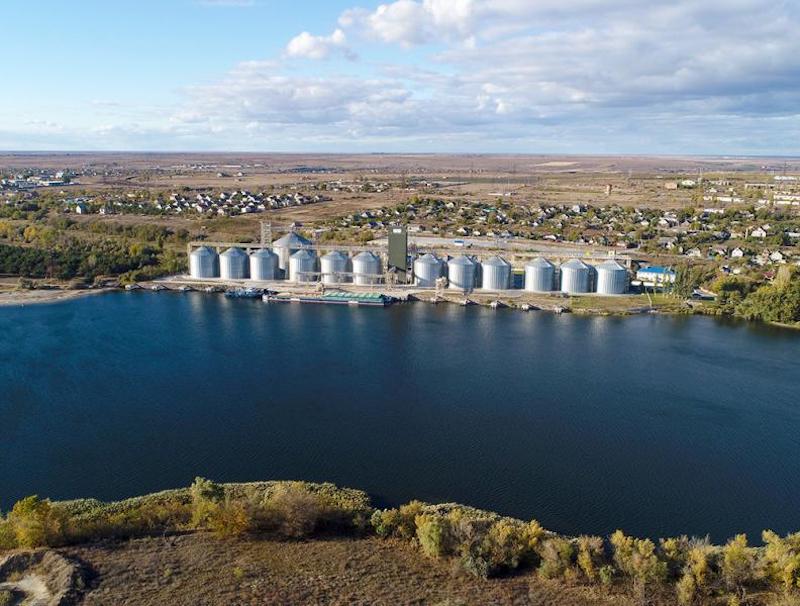
Of all Ukrainian agricultural companies, Nibulon probably reveals the most about the impact of the current war. Simply because of its scale and scope of activities: it processed millions of tons of crops, bought from smaller farmers, built granaries, and developed a trade and passenger fleet in the Dnipro River and the Black Sea. Before the late 1990s, the cities of Kyiv, Dnipro, Zaporizhzhia, Mykolayiv and Odesa were connected by ship routes, and travel was fast and cheap. Nibulon was on the way to revitalising this supply corridor.
The large-scale war hit Nibulon from many sides. Many of its fields were occupied by Russia, others were mined or heavily shelled by the invaders. The company lost 40 percent of its workforce: some left the country, some joined the army. As Russia tried to push Ukraine out of the world grains market, it targeted granaries. Now the river fleet is again a dream: about 50 passenger ships cannot move and use of the lower Dnipro River is not an option. Also, last July Russia hit the house of the company’s owner and CEO, Oleksiy Vadatursky. He refused to leave his native city of Mykolayiv. A missile killed him and his wife.
Vadatursky’s son Andriy took over the business. As the situation stabilised, it became clear that the company’s biggest challenge was maintaining its export routes. Taking the grain to the EU ports by train turned out to be slow and complicated, and made several countries worried. Poland and Slovakia’s hostility towards grain transit left another option: bringing the grain to the Romanian sea port of Constanta via the Danube River, and then shipping it elsewhere. It proves effective, as long as Romania remains onside. That’s why Russians now attack Nibulon and other companies’ granaries around the Ukrainian stretch of the Danube. Mostly to no avail ― for now.

Romania has come to Ukraine’s aid after Russia broke a wartime shipping agreement that allowed the safe passage of grain via the Black Sea. 60 percent of Ukraine’s grain exports will now access the world markets through Romania.
In August, Kyiv and Bucharest reached an agreement to increase the war-torn country’s grain exports and improve river, rail, road and maritime transit infrastructure, including border crossings.
At the same time, Ukraine’s neighbour is acting as a transit country, because it has been protecting Romanian markets from Ukrainian grain imports, along with Slovakia, Hungary, Bulgaria and Poland. Last year before this ban, Romania bought 13 percent of Ukraine’s grain exports, worth $1.2 billion.
Thank you for reading our 43rd issue of European Focus,
I hope you’ve discovered a few things from this “written trip”, as I did. I remember when French citizens voted against the European Constitution project: during that referendum, in 2005, right-wing politicians were pushing the bogeyman of the “plombier polonais” (Polish plumbers) and the threat of cheap work from the East. Now Poland itself is building up the bogeyman of cheap grain from even further East.
Sticking together is the greatest challenge, and that’s what this newsletter is about.
See you next Wednesday!Francesca De Benedetti







